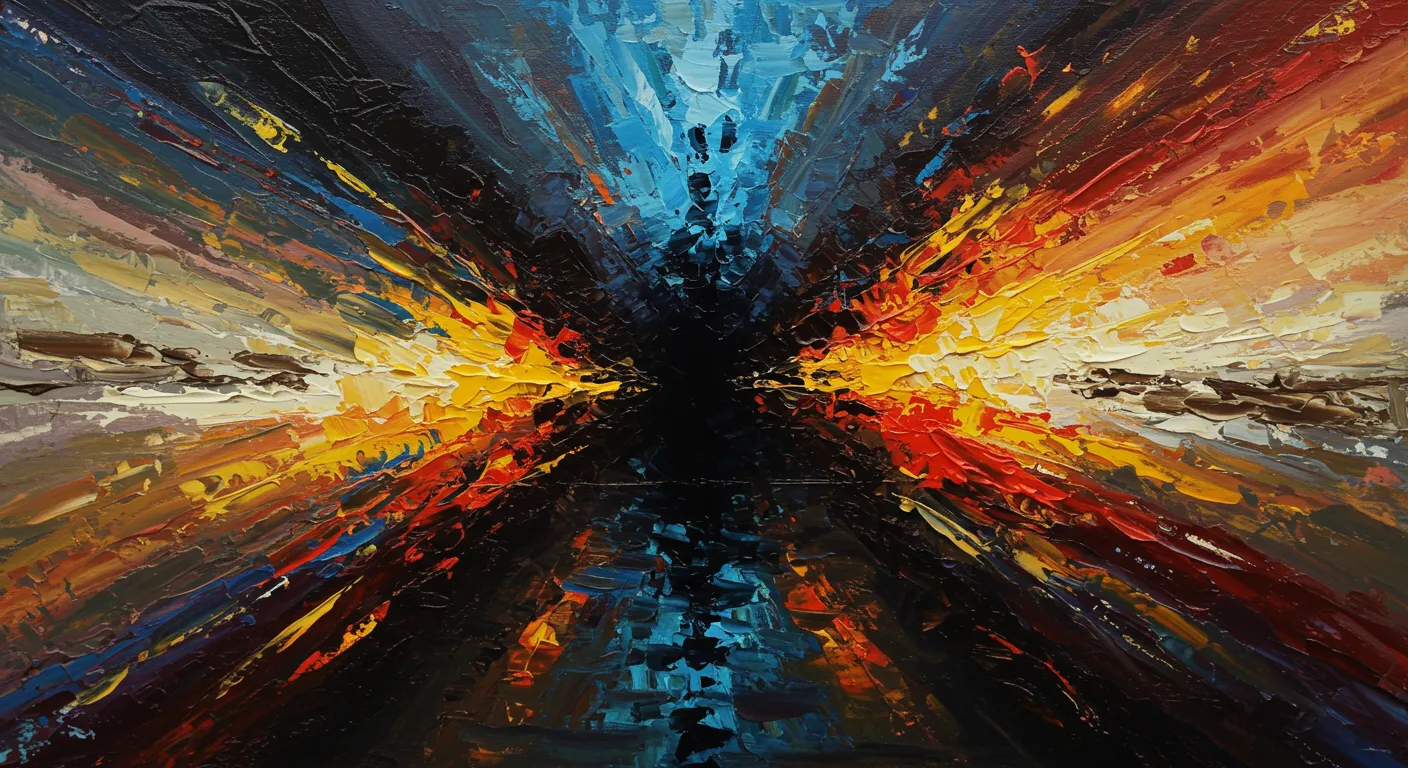In the ever-evolving landscape of technological storytelling, Black Mirror has emerged as a provocative mirror reflecting our deepest anxieties about technology's potential dark side. Online commentators are divided on whether the show is a meaningful cautionary tale or merely "pessimism porn" that offers more doom than insight.
The series has carved out a unique space in science fiction by presenting technology not as an objective force, but as a lens through which human nature's most troubling impulses are magnified. Some viewers argue that the show's unrelenting cynicism is its strength, while others see it as a reductive approach that fails to capture technological nuance.
Interestingly, many tech-savvy viewers recognize that Black Mirror's most compelling episodes aren't just about technological horror, but about the human choices that transform innovation into potential threat. The episode "San Junipero" is frequently cited as a counterpoint to the show's typically bleak narrative, demonstrating that technology can also represent hope and connection.
The debate extends beyond the show itself into broader questions about how we conceptualize technological progress. Are dystopian narratives valuable warnings that prevent worst-case scenarios, or do they inadvertently discourage the imaginative, solution-oriented thinking needed to create better futures?
Ultimately, Black Mirror serves as a cultural touchstone, sparking conversations about ethics, technology, and human adaptation that might be more important than the specific scenarios it depicts. Whether viewed as critique or cautionary tale, the show continues to challenge viewers to think critically about our increasingly digital world.


